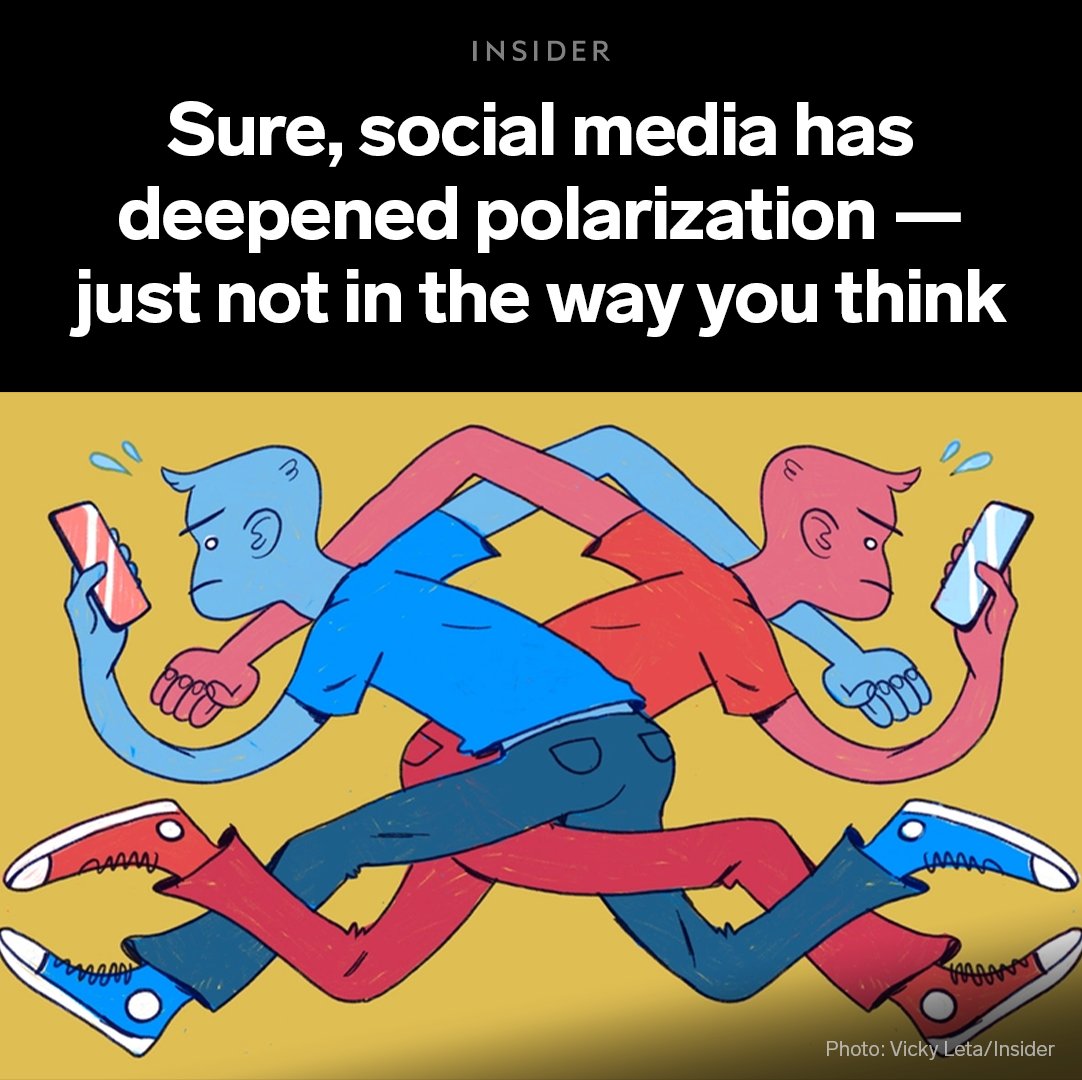Insider’s "Conflicted Congress" project rates every member of Congress on their financial conflicts.
We found at least 48 members of Congress and 182 senior-level congressional staffers violated the STOCK Act, designed to prevent corruption.👇
businessinsider.com/financial-conf…
We found at least 48 members of Congress and 182 senior-level congressional staffers violated the STOCK Act, designed to prevent corruption.👇
businessinsider.com/financial-conf…

Dozens of federal lawmakers and at least 182 top congressional staffers are violating a federal conflict-of-interest law known as the STOCK Act. Others are failing to avoid clashes between their personal finances and public duties.
businessinsider.com/congress-staff…
businessinsider.com/congress-staff…

✅ Green means members’ financial compliance is solid.
⚠️ Yellow means caution — their actions are borderline and deserve greater scrutiny.
🚩 Red means danger — that a member has multiple issues that could expose them to ethical problems.
businessinsider.com/financial-conf…
⚠️ Yellow means caution — their actions are borderline and deserve greater scrutiny.
🚩 Red means danger — that a member has multiple issues that could expose them to ethical problems.
businessinsider.com/financial-conf…

14 members of Congress were rated as danger. 🚩
These lawmakers have violated the Stop Trading on Congressional Knowledge Act by failing to properly disclose financial trades, many to a significant degree.
businessinsider.com/financial-conf…
These lawmakers have violated the Stop Trading on Congressional Knowledge Act by failing to properly disclose financial trades, many to a significant degree.
businessinsider.com/financial-conf…

Craig Holman, a government-affairs lobbyist at @Public_Citizen who helped shape the STOCK Act and wants to make it stronger, called Insider's findings "stunning" and said all documents detailing people's trades should be made public.
businessinsider.com/congress-staff…
businessinsider.com/congress-staff…

Insider reached out to 48 staffers, 34 of whom didn't respond, weren't forthcoming about why their disclosures were late, or refused to share how they attempted to comply with the law.
businessinsider.com/congress-staff…
businessinsider.com/congress-staff…
Walter Shaub (@waltshaub), who leads the Government Ethics Initiative at the nonpartisan Project on Government Oversight, said he was shocked by the majority of staffers who weren't forthcoming.
businessinsider.com/congress-staff…
businessinsider.com/congress-staff…

Most of the congressional staffers' late disclosures aren't nefarious, said a former, nonpartisan staffer for the Senate ethics panel. But the person also partly blamed the lack of serious consequences for filing disclosures late.
businessinsider.com/congress-staff…
businessinsider.com/congress-staff…

Explore our interactive database to see which members of Congress and senior-level congressional staffers have violated the STOCK Act: businessinsider.com/financial-conf…
See the key findings from our five-month investigation into federal lawmakers' personal finances here: businessinsider.com/conflicted-con…
And stay tuned for more stories in the “Conflicted Congress” project all week.
And stay tuned for more stories in the “Conflicted Congress” project all week.
• • •
Missing some Tweet in this thread? You can try to
force a refresh











